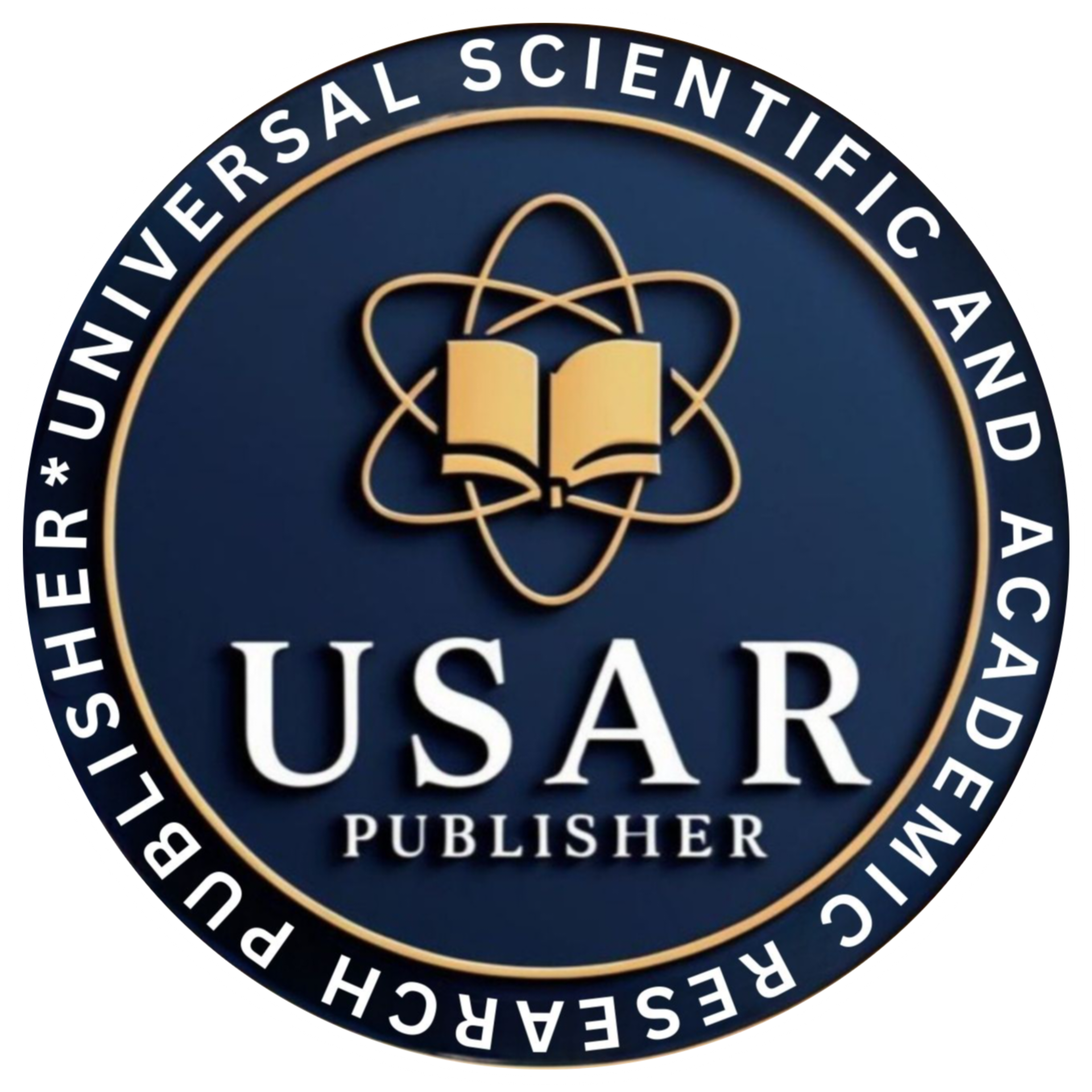APPRAISING THE HUMANITARIAN RESPONSES OF NON-STATE ACTORS ON NATURAL RESOURCE CONFLICTS IN ADAMAWA STATE, NIGERIA
-
CHINYERE N. ALIMBA (Ph.D)
-
DOI :10.5281/zenodo.17341598
-
1Centre for Peace and Security Studies Modibbo Adama University of Technology, Yola Adamawa State.
Natural resource conflicts have become a pervasive feature of
intergroup relations in the 21st Century. Its frequency, intensity
and violent nature often throw up complex humanitarian challenges,
necessitating interventions in order to alleviate the suffering of the affected
population. Since 2015, herdsmen attacks on the farming communities have become
a commonplace issue in Nigeria. This development is characterised with the
destruction of livelihoods, killing and displacement of people, with north
eastern zone being on the front burner of the discourse. Thus, this study
appraised the humanitarian activities of non-state actors over natural resource
conflict in Adamawa State, Nigeria. Key informant interview (KII) and focus
group discussion (FGD) were deployed to gather data from six local government
areas of Adamawa State, namely: Numan, Demsa, Girei, Mubi north, Madagali and
Maiha. Data collected were analysed qualitatively. It was revealed that the
non-state actors that intervened in the various conflict zones were individuals
within and outside the state as well as a foreigner. The interventions provided
by the non-state actors were mainly food items and to some extent non-food
items. Also, the study uncovered that the major obstacles inhabiting the
efficiency of non-state actors were insufficiency of relief materials, the flow
pattern of interventions and non-delivery of interventions at the right
locations. Therefore, it is essential for
corporate non-state actors to be motivated to participate early and effectively
in the provision and distribution interventions to ameliorate and strengthen
the conditions of people in the affected communities in the state.

